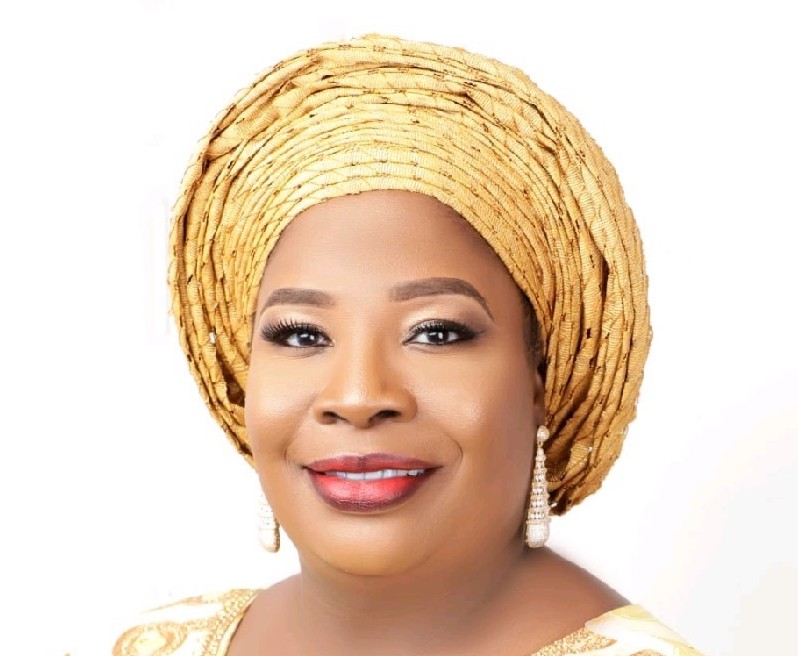Maritime lawyers have called for careful consideration before Nigeria domesticates the Rotterdam Rules, an international treaty designed to modernise the legal framework for the carriage of goods by sea.
Speaking at a maritime law seminar, organised by the Nigeria Maritime Law Association (NMLA) in Lagos, experts weighed the benefits and challenges of aligning with the treaty, which seeks to redefine global maritime shipping practices.
The President of the Chartered Institute of Logistics and Transport (CILT) Nigeria, Mfon Usoro, said the adoption of the Rotterdam Rules would put Nigerian importers in a stronger position in international shipping, as the treaty offers a more modern and balanced framework that governs the relationship between cargo owners and carriers.
“The Rotterdam Rules address outdated elements in current maritime law and offer improved protection and clarity for shippers. But Nigeria must consider its infrastructure and investment readiness before ratifying,” Usoro said.
She noted that several countries, including Spain, Sweden, Switzerland, and Togo, have already ratified the Rotterdam Rules, while Nigeria has yet to do so.
The lawyer added that some countries are hesitant to ratify the convention due to concerns that its provisions may favour carriers over cargo owners.
Usoro, a former director-general of the Nigerian Maritime Administration and Safety Agency (NIMASA), recommended a “wait-and-see” approach, urging Nigeria to allow more countries to ratify the treaty before taking a final step.
She added that Nigeria could, in the interim, selectively incorporate beneficial provisions into its domestic Carriage of Goods by Sea Act to modernise its maritime legal regime without full ratification.
“The Comité Maritime International (CMI) recognises that national political and strategic interests must guide ratification decisions. Nigeria must also ensure the political will and resources are in place to implement the treaty effectively,” she added.
A Senior Partner at Akabogu & Associates, Dr Emeka Akabogu, highlighted the issue of liability in international shipping, noting that existing legal frameworks often favour carriers, allowing them to escape full liability for cargo loss or damage.
He said this imbalance prompted the development of rules like Hague-Visby and now the Rotterdam Rules, which aim to improve transparency and fairness in shipping contracts.
However, another maritime lawyer, Chisa Uba, cautioned that Nigeria is not alone in its hesitation, noting that even major maritime powers, such as the United States, have not ratified the Rotterdam Rules due to concerns about the liability burdens they place on shipping nations.
Uba said while many developed countries are wary of the treaty’s liability structure, Nigeria must assess both international trends and domestic capacity before making a move.
On his part, a former Executive Secretary of the Nigerian Shippers’ Council (NSC), Mr Hassan Bello, advocated a pan-African legal framework for shipping, arguing that harmonised laws across African countries would enhance intra-African trade and attract foreign investment.
“African countries remain fragmented in their legal regimes, unlike the European Union, which benefits from harmonised laws. We must integrate our laws to boost trade and investment on the continent,” said Bello.
In her welcome address, the President of the NMLA, Mrs. Funke Agbor, reiterated the association’s role in promoting maritime legal development in Nigeria.
She noted that the seminar was part of efforts to bring crucial international conventions like the Rotterdam Rules into public discourse.
“As the Nigerian branch of the CMI, we believe it’s important to stimulate informed debate on the direction of maritime law in Nigeria,” she said.






